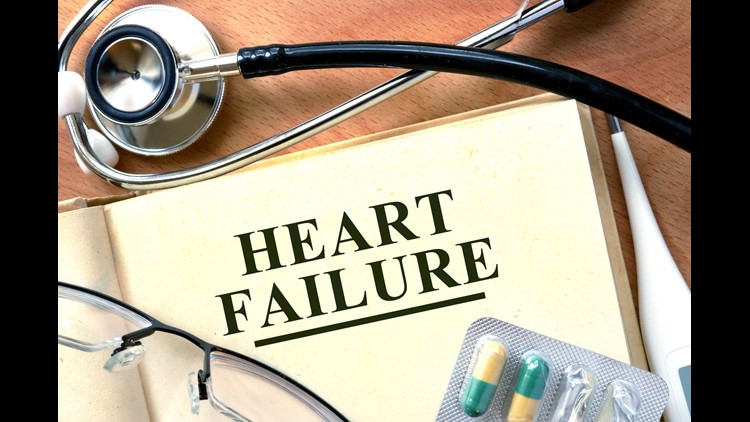HARTFORD – Many will face this situation themselves or in a loved one:
An 87-year-old man develops shortness of breath that kept getting worse. He goes to the hospital, where they say he has heart failure. They put a needle through his back and into his lung to take out liters of fluid, and is put on oral diuretics, but his lungs are still filling up with fluid and his legs are very swollen.
This issue is very serious and can’t wait for treatment. This man has a very severe episode of acute decompensated heart failure, which makes his heart not pump very well. This makes his body unable to pump enough blood through the kidneys to allow the kidneys to make enough urine. This leads to a lot of fluid retention, which continues to build up in the blood vessels until it starts leaving the vessels and going into the lungs and the ankles.
Having all that fluid in the lungs makes it hard to get oxygen to the blood and stretches the heart out of its shape, which makes it harder for the heart to pump. In addition, people with severe ankle edema from heart failure also have swelling of their intestines and this makes it hard to absorb the oral Lasix, a diuretic. So, the fluid retention gets worse and worse with each passing day until he is hospitalized.
You cannot use a diuretic alone and hope to remove more than a liter of fluid a day because it can cause low blood pressure. So, he will likely need to have that needle reinserted into his lungs and have the fluid in his lungs removed again and then hopefully an intravenous diuretic will help prevent it from coming back. Intravenous Lasix does not need to be absorbed, it goes right into the veins and is not impacted by intestinal swelling.
Not everyone responds well to the diuretic alone and in those people adding another therapy like a drug or device to make it easier for the heart to pump or to make the heart pump harder can be tried. They work well in some people but cause side effects in others so the doctors will have to try a few things until they find something that works. Regardless of how well the doctor treats the patient, the damage is sometimes too severe and there is nothing that can be done.
For everyone with heart failure or a loved one with heart failure, you need to weigh yourself every day. If you notice rapid weight gain of more than two pounds in a day or five pounds in a week, you need to call your doctor right away. It is so much easier to treat at this early stage. If you are not weighing yourself every day and notice mild shortness of breath, weigh yourself and report unexpected weight gain to your doctor right away. If your shortness of breath gets worse, again, report it right away. Waiting until the shortness of breath is severe before seeking out help makes it very hard to treat.
Dr. Michael White of the UConn School of Pharmacy



